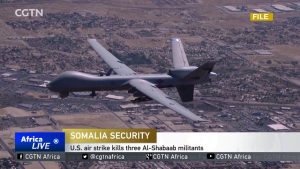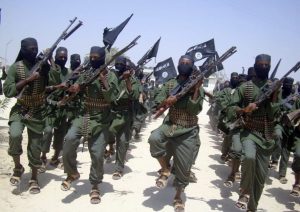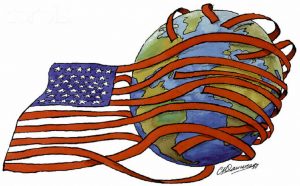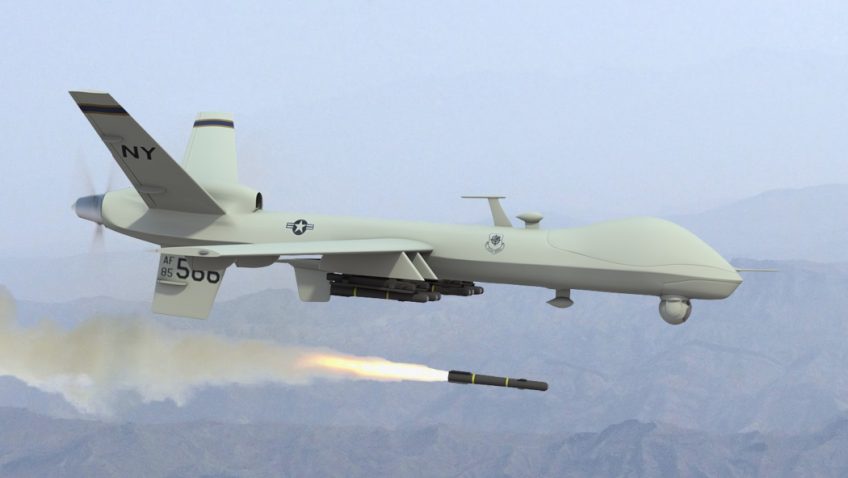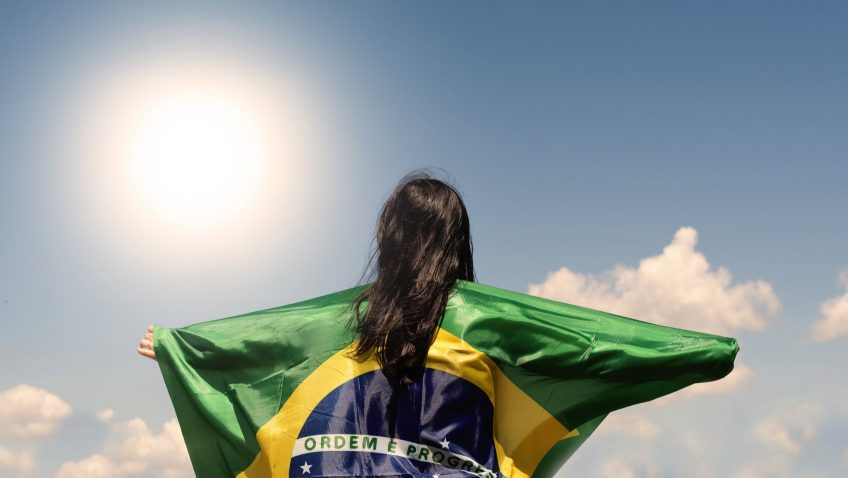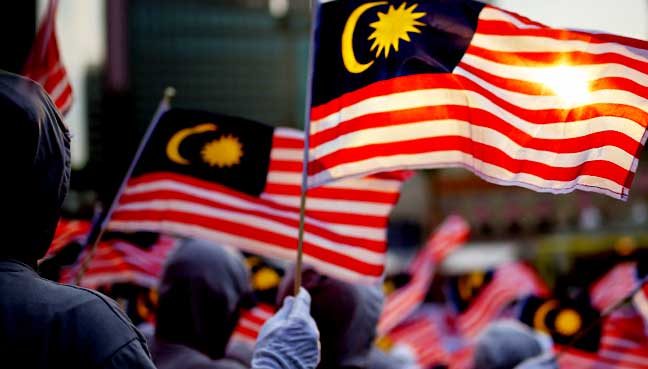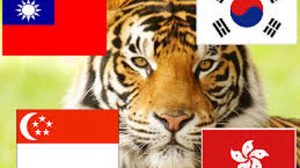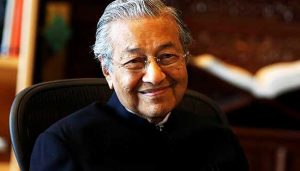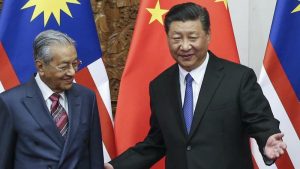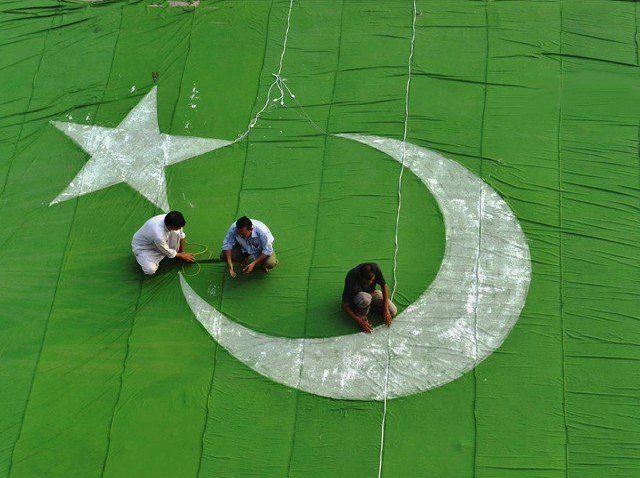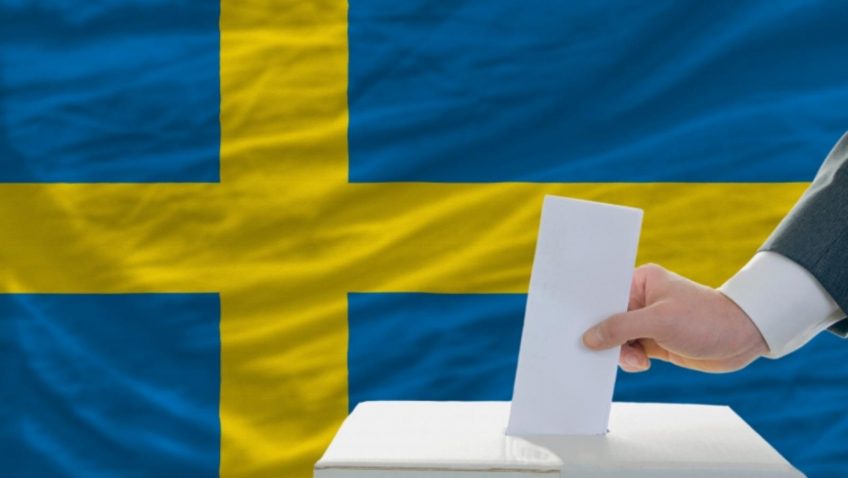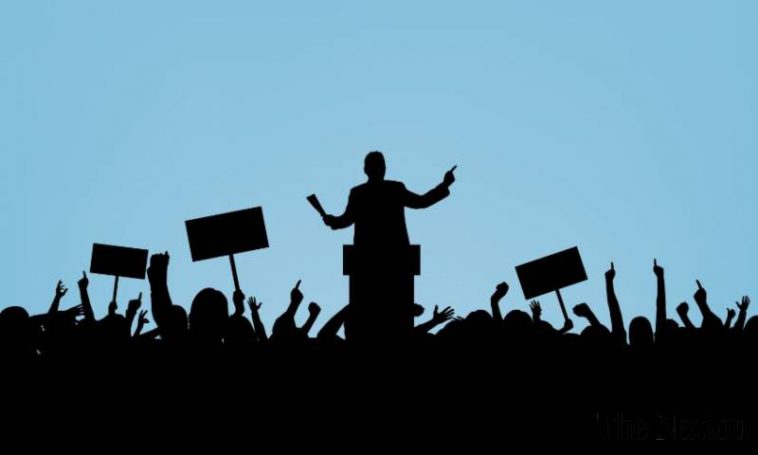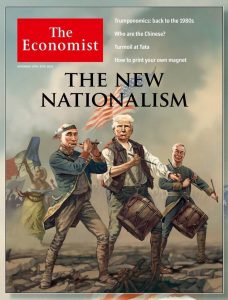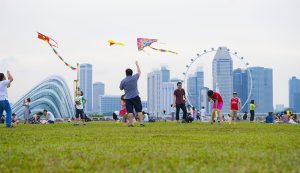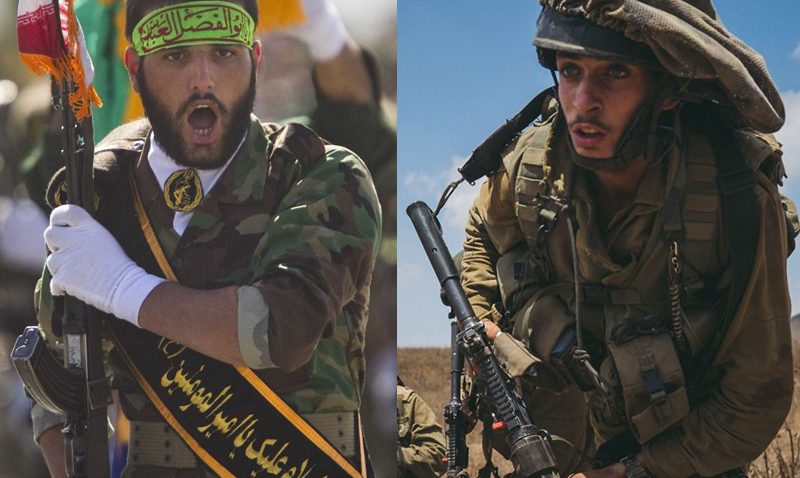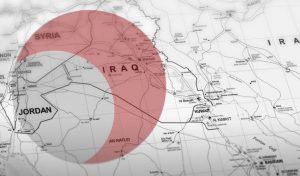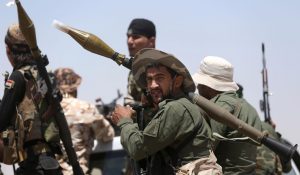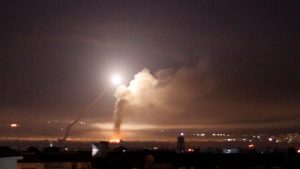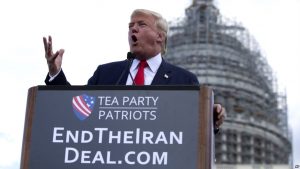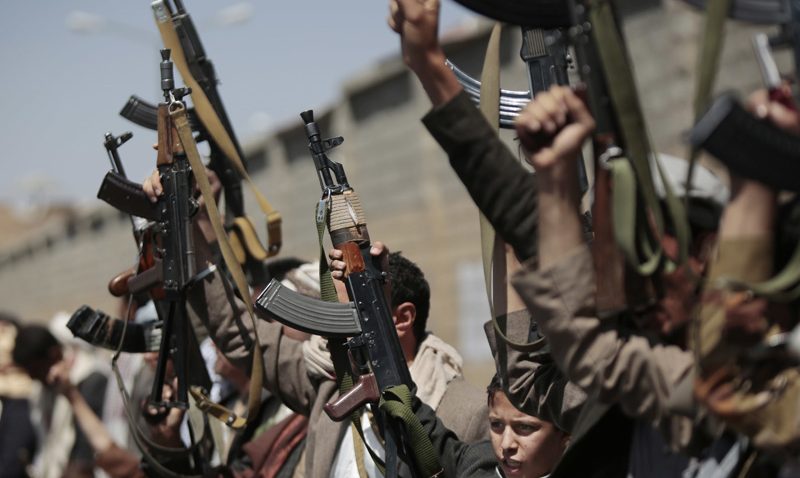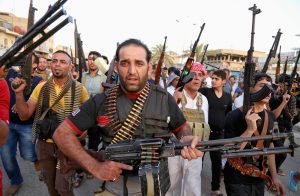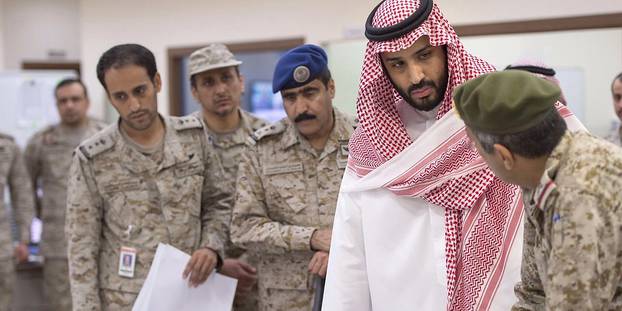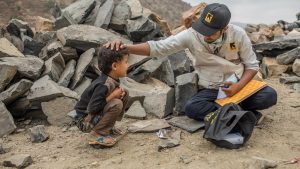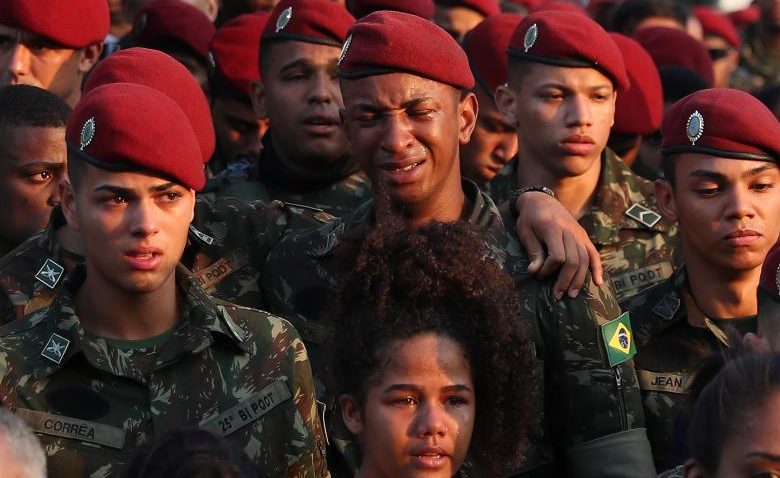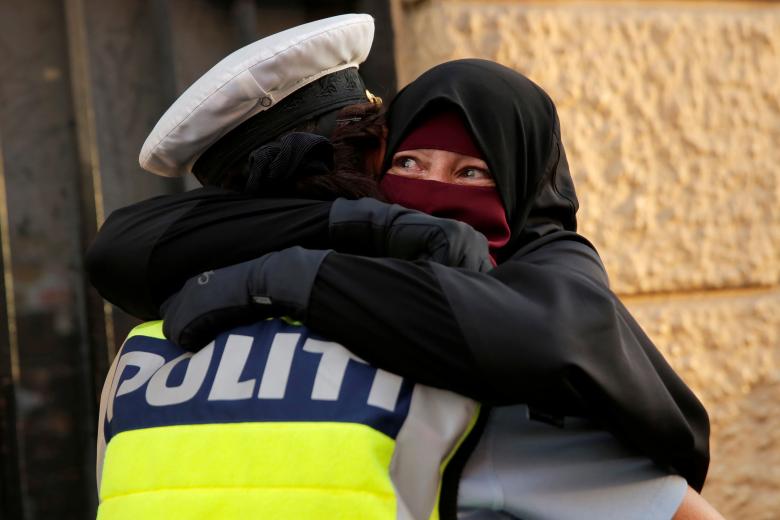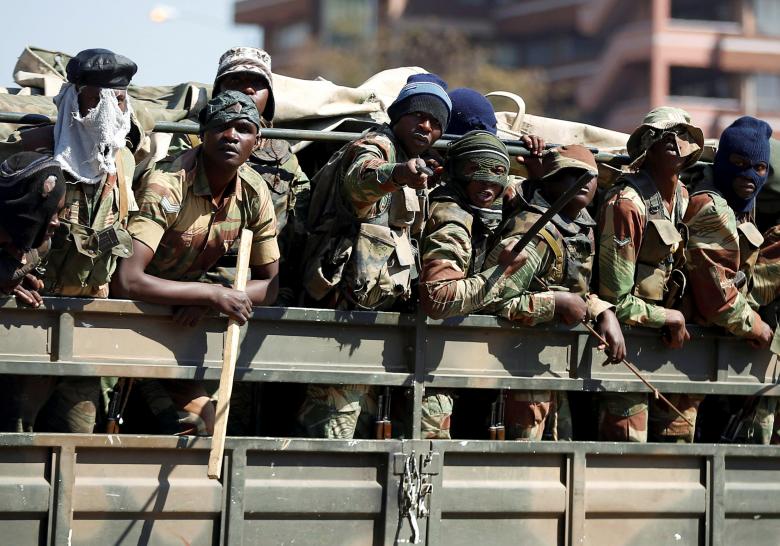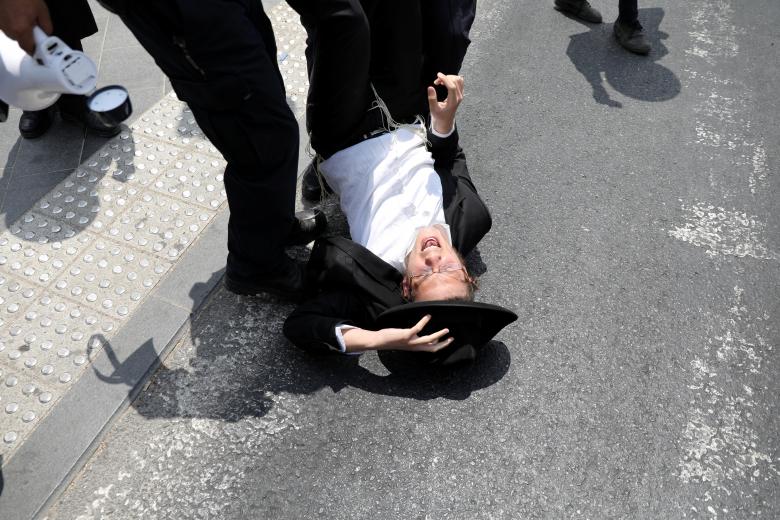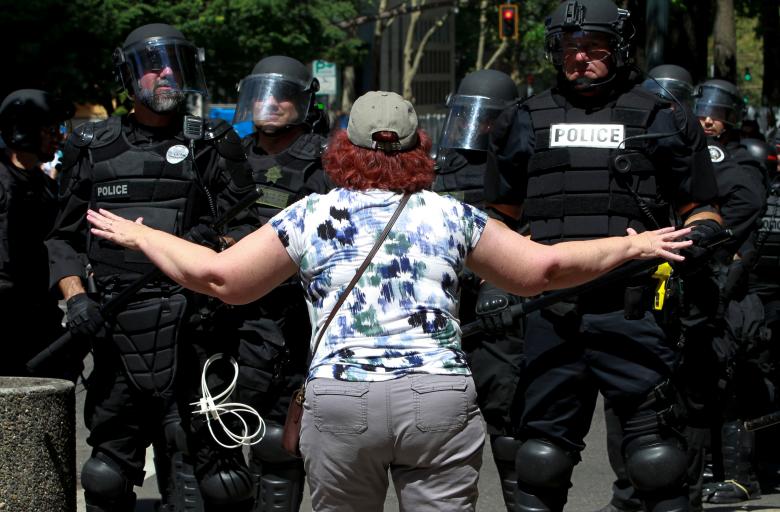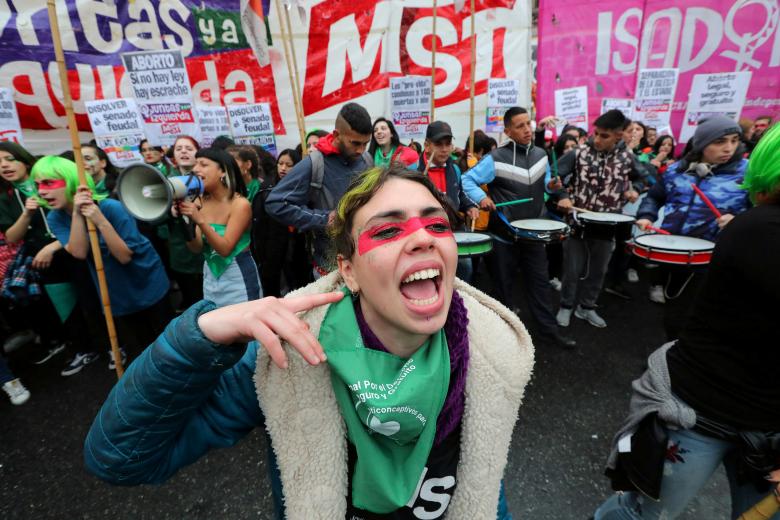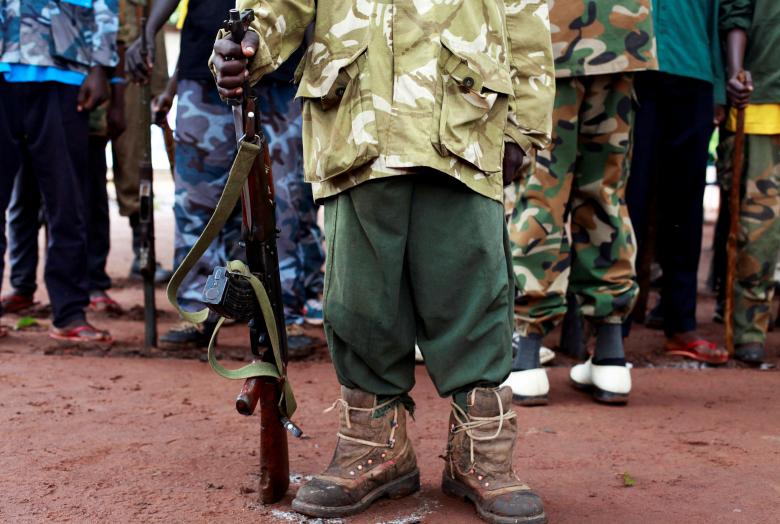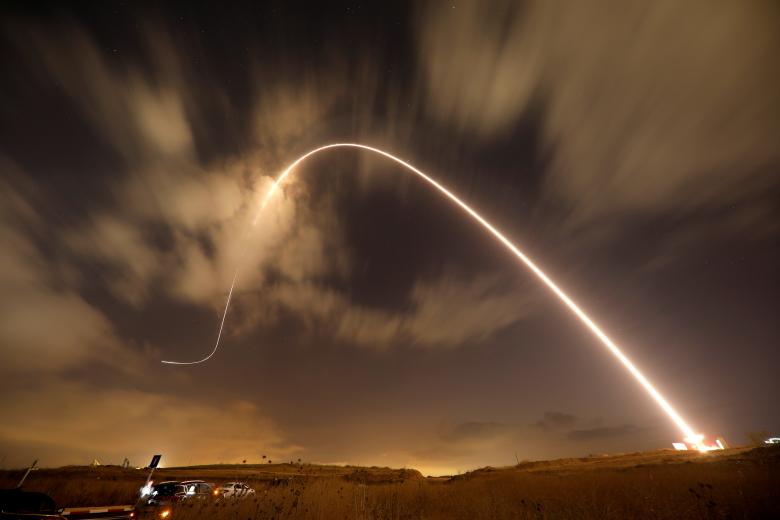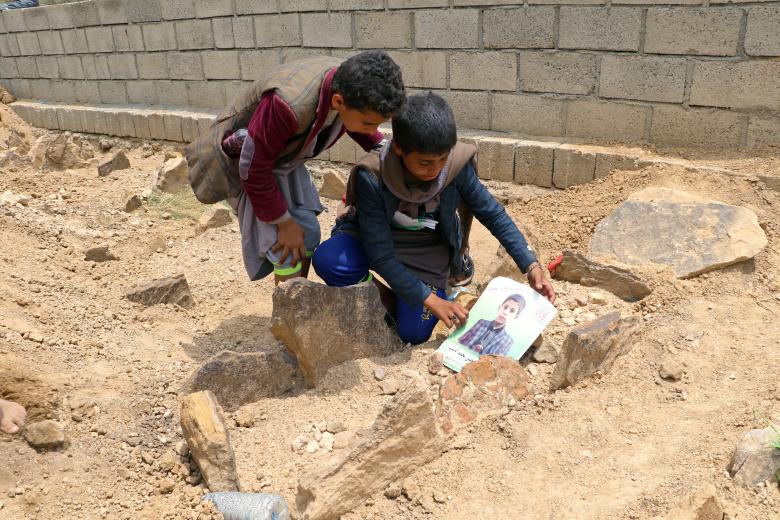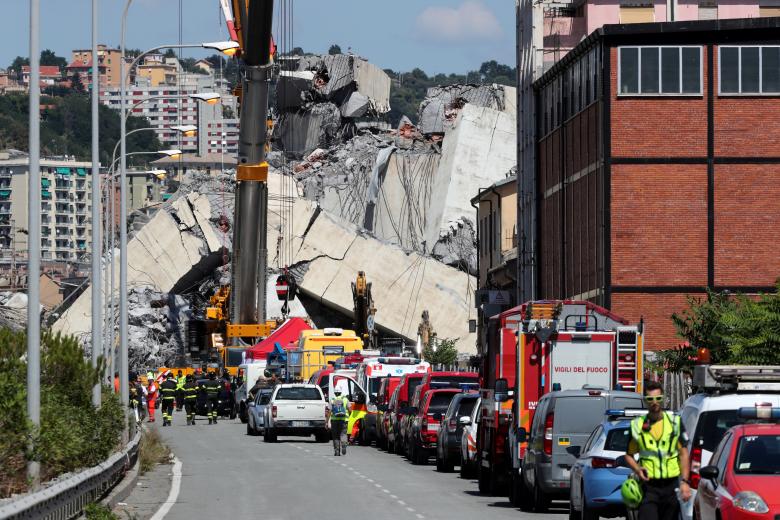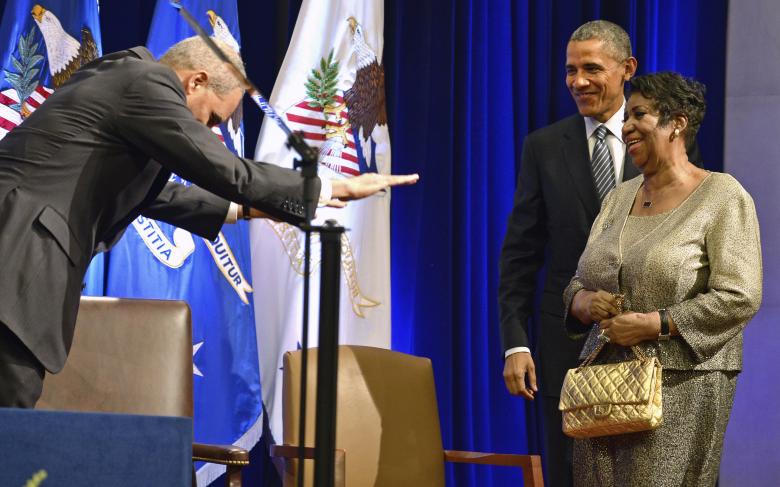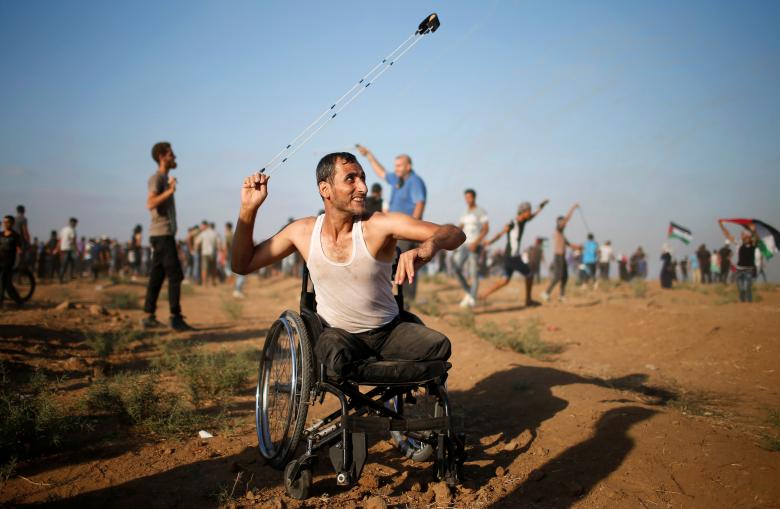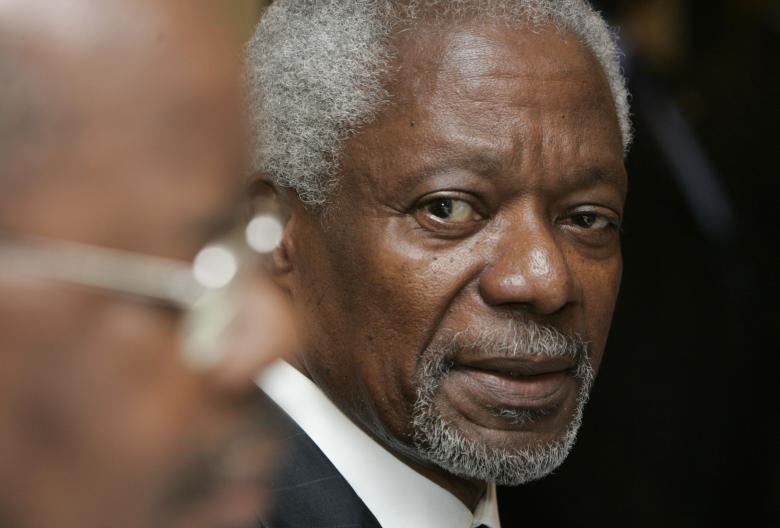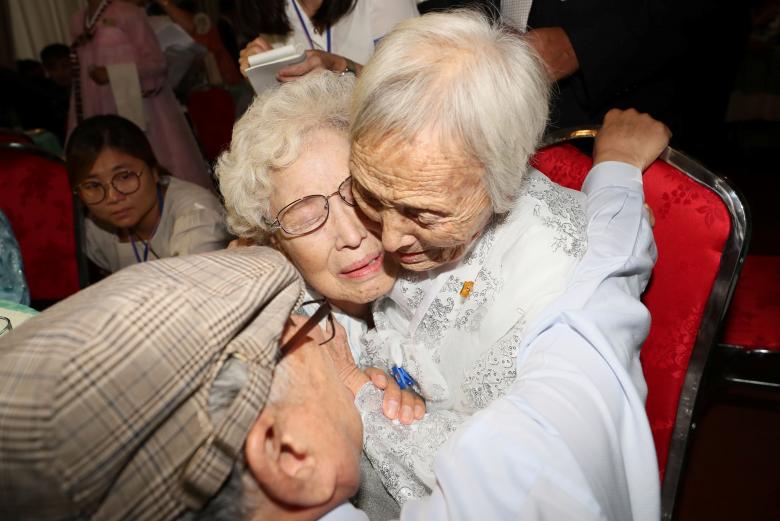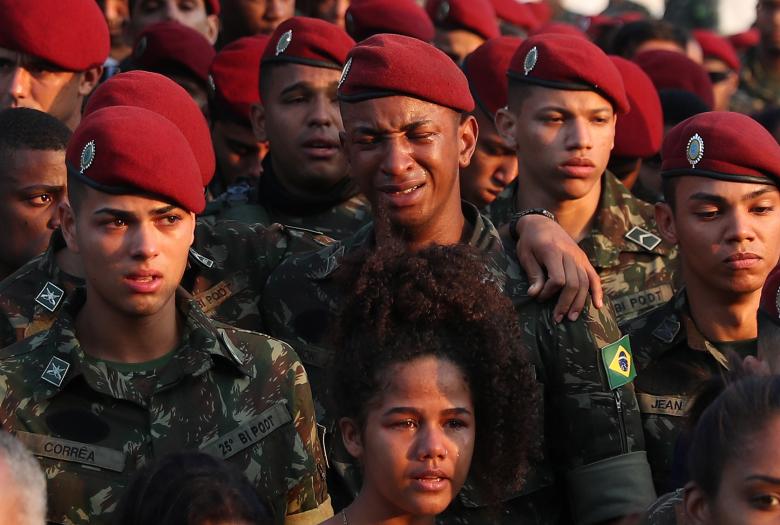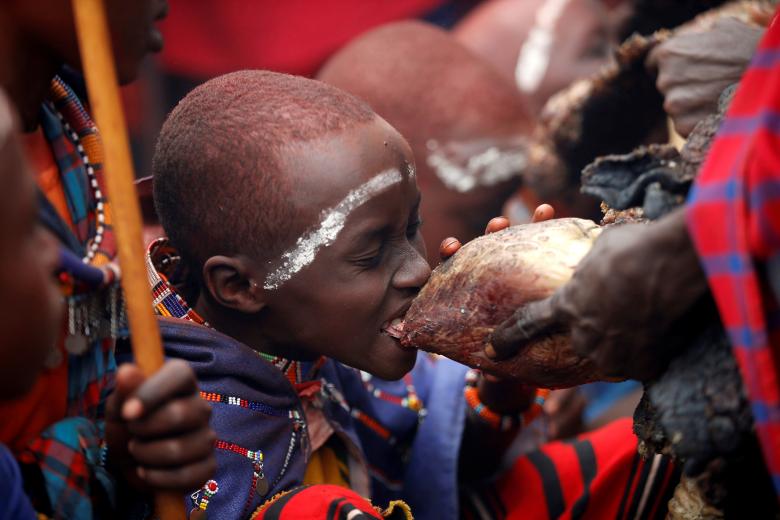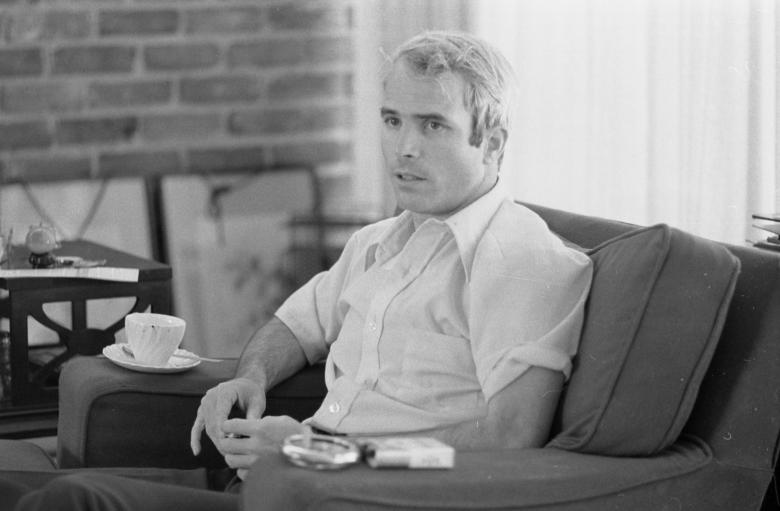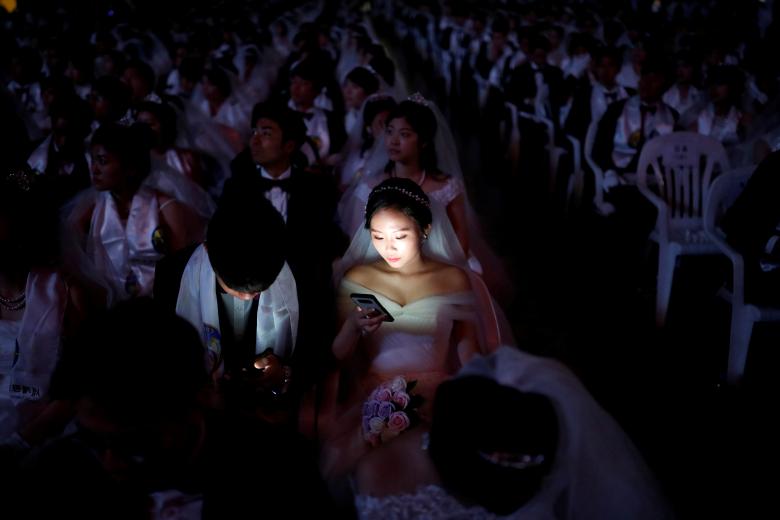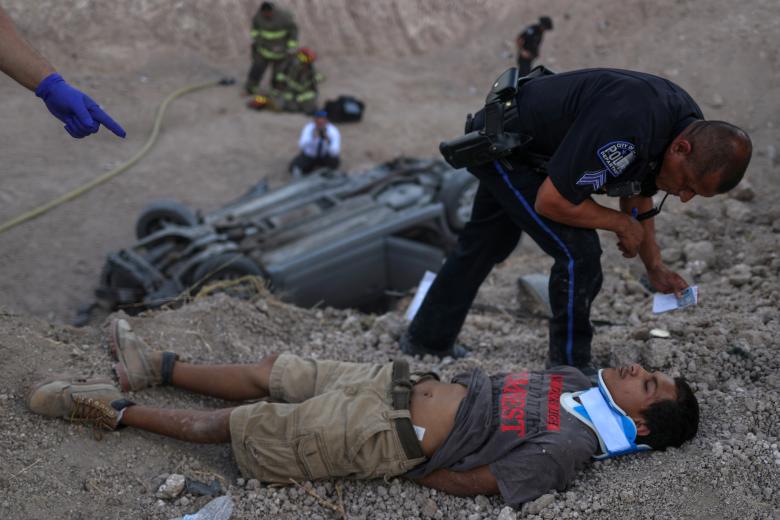Quest for ideal pattern of life led Buddhism to enter in China. Buddhism is a way of life originated in India. It is based upon teachings of Gautama Buddha, who left his home to achieve enlightenment or nirvana. His teachings later became Buddhist philosophy and Buddhist way of life. The whole gamut of this Buddhist philosophy is to achieve ‘Nirvana’. Buddhism in china entered during Han dynasty and after assimilation of Chinese virtue or sinicization, it became widely acceptable. Buddhism, in its zenith impacted Chinese society enormously in every possible way. It had has influence on every aspect of Chinese society such as culture, political system, art, literature, philosophy, social life, education, ethics and morality. Buddhism saw its decline only after it confronted Neo-Confucianism. Revisionist of Confucianism attacked Buddhism with more practical and materialistic questions, to which Buddhism was unable to answer. This paper is to attempt to seek answer of, how Buddhism became acceptable in China and which way it influenced its ethical, political, economical and social sphere?
Buddhism in ethical sphere of China
Before advent of Buddhism, China was preoccupied by Confucianism which was based upon teachings of Confucius. Confucianism had been never succeeded in satisfying the deeper religious needs of China and it was failed to give answer of deepest question of existence. It gave neither strength for the battle of life, nor comfort in hour of death. Taoism, on the other hand had a high degree of religious speculation and mystic approach. Hence it caused a religious vacuum which paved the way for Buddhism, Indianization of China.
Initially Buddhism had been criticised with Confucianism notion of filial piety that it do not revered ancestors, but Buddhist monks and scholar like Tsung-mi convinced Confucians with their contention. They gave insistences of Mu-lien, Emperor Shun, Wan-Hsiang, Kuo-Chu, and Lao-lai-tzu to establish their contention. For instance, Tsung-mi wrote that “Prince Siddhartha did not assume the kingship, but left family and country because he wished to cultivate the way and become enlightened, so as to repay for the love and benefactions of his parents”, Siddhartha thus becomes a filial son entirely acceptable to Chinese. In another instance, Mu-lien rescued his mother from her dire straits, who had reborn as a hungry ghost. Mu-lien rescued his mother with Buddhist monk aid from method of the ‘Yu-lan-p’en’ offering. This method of offering, ‘Yu-lan-p’en’ later became one of the popular celebrations during the Tang dynasty. Tang imperials also supported these festivals and provided expenses to the monasteries.
The next challenge in front of Buddhist was to create populace acceptance of Buddhism. Through development of their own concept of filial piety and preaching of sutras, they garnered wide acceptance. They contended that monks, by his acceptance of Buddhism transformed himself into a vehicle for the conversion and salvation of his parents. They argued that, though it is different from Confucius filial piety, but by converting not only his parents but all other living beings, the monk is exercising the utmost in filial piety. By this way, they succeeded to establish the fact that Buddhists practices the filial piety which is far superior to the Confucius concept.
Buddhist monk made further attempt to harmonize their practical ethics with those of the Confucius five rules with correlation of their five cardinal precepts of Buddhism. The five cardinal precepts in Buddhism are: not to kill, not to steal, not to commit adultery, not to tell lies and not to drink intoxicating liquor. The five norms in Confucianism are: human heartedness, righteousness, propriety, knowledge and trust. Buddhist argued that these Confucius virtues and Buddhist cardinal precepts, in one way or other, are same.
These instances shows that why Buddhism was able to gain popularity among Chinese masses. With their contention, Buddhism was able to adjust itself to Chinese ethical practices and beliefs. Buddhist were successful in their attempt to present Buddhism as conforming to Chinese social and ethical value and that it was no longer a foreign and Indian religion but had became Chinese.
Buddhism in political sphere of China
In India, Buddhist monk enjoyed superior position than king. Buddhist monks were revered person who received homage by king. Buddhist Sangha considered itself to be a community beyond the authority of secular rule and state. But political system in China was different than India. It was centralised political set up to emperor, governed by complex network of bureaucratic organs in the capital and provinces. State ideology behind the political system of China was Confucianism and its notion of ‘Li’. Position of every person in this system was stridently defined according to Confucianism i.e. son to father, subject to ruler. Even civil services examination was based on the classics of Confucianism. Only emperor had the mandate of heaven and monks and priests were subordinated to him.
In China, Buddhism met with this complex governance system steeped in Confucian ideology and so conflict of interest arises between sangha’s monastic law and imperial bureaucracy coupled with the concept of Li. As Buddhism was not originated in China and none of any monks or any priest had enjoyed superior status than secular law, Buddhist community had to abandon its special and independent identity. Buddhist monastic order and law had been typically controlled by imperial bureaucracy, in spite of Buddhist argument and contention against monk homage to emperor. They courageously claimed and asserted their independent , separate and extraterritorial status i.e. their lives were to be regulated by monastic law, not by secular codes and hence they were not required to pay homage to the Chinese emperor as required to other subjects. But their arguments’ had been countered with Confucian concept and eventually Buddhist monasteries and monks were under rule of imperial law.
In China Buddhist monasteries and monks had been scrutinised and supervised by officials and monks were registered through ordination certificate. State, not only claimed its authority over ordination but it also exercised the power to defrock them. During Tang dynasty, periodically Buddhist monasteries being purged to get rid of degenerate monks. These purging were organised through examination, in which monks had to recite ‘sutras’ and failing to do the same was subject to laicized and returning to the life of lay. Here inarguably we can say that the state had considerable control over behaviour and movement of Buddhist monks.
In some cases it could be found that Buddhist monks were willingly consented to pray and work actively in the palace chapels and the national monasteries on behalf of state and ruling class and for this contribution he was subsidized by the imperial treasury. This shows the gradual de-emphasis of the Sangha as a special religious group devoted mainly to religious matter and increasing tendency for the clerics to become just like any other Chinese subject in Chinese empire. We can say that this was sinicization of monastic community in China and assertion of the Chinese principle that a religious association must be subordinated to the imperial bureaucracy. Sangha accepted and came to terms with prevailing Confucian ideology of the supremacy of the state. Buddhist monasteries in China, fused with political system, became part of it and obeyed the laws and serve the state in various capacities. The Buddhist monks became Chinese subjects, the monastic community a Chinese religious organisation, subject to the jurisdiction of the imperial bureaucracy.
Buddhism in economic sphere of China
Sole purpose behind establishment of Buddhist monasteries was religious activities and promulgation of Buddhism. But Buddhist monasteries widen its scope of activities and indulged itself in economic sphere of China through its ownership of land, operation of industrial installations and commercial enterprises. How did these monasteries acquire enormous amount of such wealth and land? Buddhist monasteries acquire land ownership and wealth through donation of devotees. These devotees donated their lands in order to earn good karma and meritorious deeds. Sometimes emperors, nobility and rich families had also donated large amount of land to them. Some rich people entrusted land to monasteries to escape taxation. These acts of donation were closely associated with donors’ desire to achieve salvation or better rebirth for himself and for blessings to behalf of his ancestor, parents and family.
The land associated with the monasteries was usually tax exempted land. They have their own financial system based on production and cultivation of land. For this cultivation purpose, they had hired slaves and tenant farmers (Chuang-k’e). Some evidences of buying and selling of land could also be found. One more benefit that was associated with these monasteries that unlike other landowners, the officialdom and rich families who had to divide their holdings upon death of the head of the family, these monasteries were a permanent establishment maintaining its holding as a unit, and even increasing them with the passage of time. Buddhist monasteries produced wealth out of these land holdings and establish industrial and commercial enterprises which were productive of even more income and which in turn added to the wealth of the Sangha.
Apart from this, Buddhist monasteries had also their own system of generating food products, from which needs of monasteries were fulfilled. They owned water-powered mill for producing flour and personal oil-presses for lightening up lamps in monasteries. These systems were well established and were profit maker. They also provided lodging facilities for clerics, guests and travellers, though it is not known that whether it was paid service or not. But it could be extracted that there must had some economic activities indulged in it. From all these economic activities, monasteries maintained inexhaustible treasury, which was kind of financial back up of its own.
Ostensibly these monasteries were financial burden upon state as they were exempted from taxation. These monasteries economical activities included with nobility and rich powerful families and emerged as an economic power structure of the empire. Their economic and commercial activities was based upon income derived from the land with the monasteries acquired through donations, purchase and fore closer of mortgage. This income together with goods donated by the devotee, constituted the capital which further produced more capital by interest and capital investment. This system was the introduction of modern capitalistic practice in China with its productive use of capital and the automatic accumulation of interest (J. Gernet). Being a integral part of Chinese economic power structure of the Chinese empire, the Buddhist monasteries with their commercial and economic activities caused for acculturation of Buddhism in China.
Buddhism in social sphere of China
Buddhism in China, during Tang dynasty had became the dominant faith of the masses. With the alteration of Confucianism, it provided a philosophy and a system of thought based on salvation for the common people. For all those who belonged to deprived section, it provided a hope through salvation and for intellectuals, educated and elite; it provided a set of thought. To make it mass appealing and to create acceptance, it had been preached by Buddhist monks. These Buddhist monks (Ch’ang-tao-shih) explained the dharma to multitudes through sutras.
Another mean to promulgate Buddhism was festivals. Besides offering instructions on the teaching of Buddha through lectures and debates, Buddhist monks organised religious festivals. Those festivals that may be said to be Buddhist in nature, the first one on the annual calendar is the Lantern festival (custom during T’ang period to have the lanterns lighted in the temples and streets of the cities during three nights of the festivals), second was the celebration of the Birthday of Buddha, third was ceremony of welcoming and reverencing the relics of the Buddha, and fourth was Buddhist all Souls’ Feast or Ullambana Feast. These religious festivals were very significant to create religious fervour and degree of acceptance among Chinese masses. These congregations created mass hysteria towards Buddhism. These festivals were opportunities for masses to participate in religious activities and identify themselves with Buddhist ideology. It also worked to create unity and solidarity among all classes of Chinese society, the high and the low, rich and poor, the imperial family, the aristocratic, the monastic community and the ordinary people. These festivals were chance to make Buddhism a mass religion rather than religion for select member of the monastic community. There were also Confucian rites and Taoist practices of congregation, but these were too formal, too remote and too difficult for Chinese masses. Only Buddhism fulfilled the religious yearning of all.
Another means for the propagation of the religion was the vegetarian feast. Such feast may be carried out any time during the year and the occasions for such vegetarian feast may be birthday of the Buddha or that of reigning emperor, it may be the date of nirvana, it may be memorial days of deceased emperors. Such vegetarian feast were generally mixed gathering of monks and laymen mingling on the basis of equality, held on Buddhist monasteries. With increasing popularity of Buddhism among masses, religious association consisting of faithful and devoted laymen as members, under the leadership of Buddhist monk began to emerge based on Buddhist ideology. These societies acted for various purposes like constructing monasteries and statues of Buddha, copying and reciting the sacred scripture, arranging for vegetarian feast, printing images of Buddha or performing pious deeds for accumulation of merits.
Apart from this, Buddhist monasteries and Buddhist societies performed various charitable activities. They helped for poor, provide medicine for sick, shelter for homeless, food for hungry and help for needy people. In time calamity such as a famine, they often engaged in relief work to alleviate conditions. The various altruistic activities carried out by the Buddhist monks and monasteries were also for welfare projects directed more towards the benefit and good of the general public were, road and bridge building activities , cleaning and deepening the river channels, digging wells, providing bath houses, planting trees, maintaining inns for pilgrims. Through all these preaching, festivals, feast and altruistic deeds, monasteries created mass acceptance and propagated tenets and practices of Buddhism. It attracted Chinese populace to the religion, who participated faithfully and fervently in the different activities of monasteries. Finally, Buddhism had become an integral part of Chinese cultural pattern.
Conclusion
Buddhism in China entered during Han dynasty as an alien religion and saw its golden period during Tang period. Buddhism in China was not only an optional religion rather it was accepted at mass level and became a dominant Chinese religion. Though Confucianism was centre to Chinese civilization but Buddhism contended with it and created its own space to flourish. It transformed itself according to Chinese culture and became more Chinese than Indian religion. It interacted with all levels of Chinese culture and influenced every aspect of Chinese life. It played significant role in shaping up Chinese political, societal, ethical and economical sphere in its own capacities. Though after the rise of Neo-Confucianism, it was unable to defend its self and lost its position but it never lost its influenced that was present in Chinese thought and beliefs.
